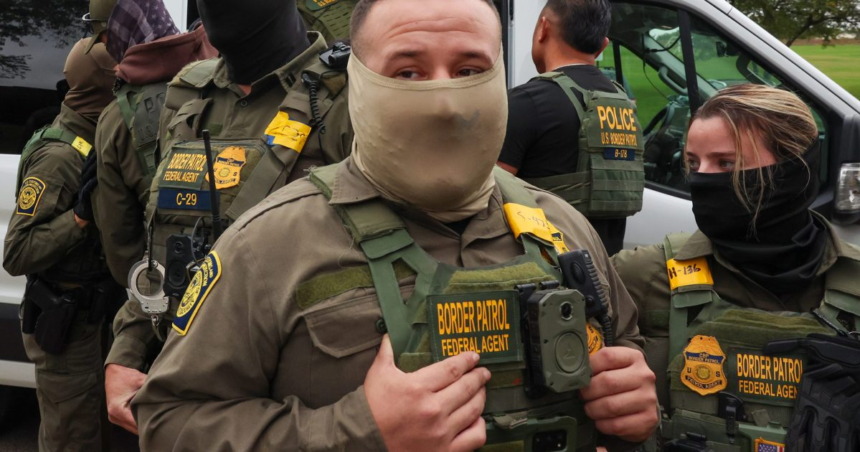“To think that somehow we can live with, ‘You’ll get paid eventually,’ that doesn’t pay the creditors, that doesn’t pay the mortgage, that doesn’t pay gas, that doesn’t pay the food bill,” Daniels told Fortune earlier this week. “No one takes IOUs, and the air traffic controllers are having to feel that pressure as well.”
The decisions of who gets paid and who doesn’t during government shutdowns depends on department personnel sorting employees into respective groups of essential and non-essential, as well as appropriations for salaries that may or may not be impacted by the lapsed Congressional budget.
“There is this overarching dysfunction of the entire process,” Bilmes told Fortune. “Every time you get into one of these situations—which has been on average four times a year for the last four to five years—there is an arbitrariness in who ends up being paid for their work, who ends up working, who ends up being furloughed.”
“The arbitrariness is almost inherent in this dysfunction—a feature as well as being a bug,” she added.
As a result of a series of fiscal and appropriations committees overseeing government budgets, the process of allocating and approving funds is convoluted, Bilmes said. For example, the Department of Veterans Affairs has a two-year budget, meaning their funding does not lapse when Congress fails to pass an appropriations bill. The Patent and Trademark Office, conversely, is not funded through Congressionally appropriated money, but rather through patent fees, and likewise do not have employee pay impacted by the shutdown.
Otherwise, the process does not serve the American public, Bilmes conceded.
“In my view,” she said, “it’s like spending money on shooting ourselves in the foot and deciding which foot we want to shoot first.”









